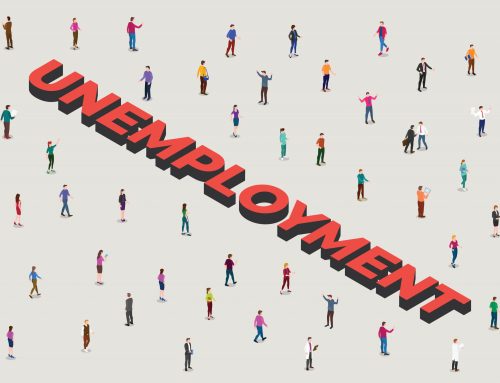February 13, 2023
Growth and economic well-being: Third quarter 2022, OECD
Real household income per capita grew by 0.2% in the OECD in the third quarter of 2022, the first rise in real household income since the first quarter of 2021. Real GDP per capita grew by 0.3% in the third quarter of 2022, the same as in the second quarter.
Household income results were mixed across the OECD. Of the 21 countries for which data is available, nine recorded an increase in real household income per capita while twelve recorded a fall. Austria had the largest increase (10.1%) as payments associated with the government’s environmental tax reform and cost-of-living assistance boosted household incomes. Of the G7 economies for which estimates are available, France, Germany and Italy recorded growth in the third quarter, with France seeing the highest increase at 0.8%. However, real household income per capita fell in Canada and the United Kingdom and was flat in the United States.
Real household income per capita surpassed pre-COVID-19 pandemic levels in Q3 2022 in all OECD countries for which data is available except Czech Republic, Denmark, Finland, Portugal, Spain, and the United Kingdom. The outcome in Portugal and Spain can be partly explained by the slow recovery in household ‘gross operating surplus and mixed income’ (GOS-MI) since the early days of the pandemic. This type of income is usually associated with self-employment and, in most countries, contributes around one-fifth of household disposable income. Portugal and Spain recorded large falls GOS-MI in the first half of 2020 and recovered slowly thereafter. In contrast, most OECD countries saw robust growth in GOS-MI after the initial pandemic-related downturn.
Household disposable income per capita in the United Kingdom grew by 9.0% in nominal terms between Q4 2019 and Q3 2022, more than in Italy at 7.9% and only slightly less than in France (9.9%). However, high consumer prices in the United Kingdom over the past year have continued to undermine household income when measured in real terms, causing real household income per capita to decline by 3.9%. More information on the role that inflation plays when measuring household economic well-being was discussed in a recent blog piece.
Source: OECD
Legal Notice: The information in this article is intended for information purposes only. It is not intended for professional information purposes specific to a person or an institution. Every institution has different requirements because of its own circumstances even though they bear a resemblance to each other. Consequently, it is your interest to consult on an expert before taking a decision based on information stated in this article and putting into practice. Neither Karen Audit nor related person or institutions are not responsible for any damages or losses that might occur in consequence of the use of the information in this article by private or formal, real or legal person and institutions.






